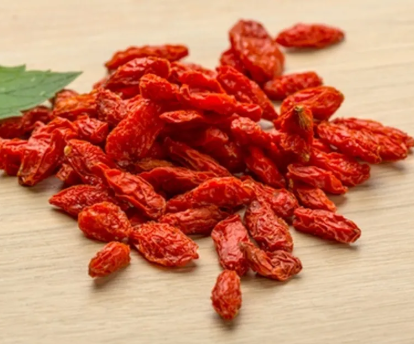Inside BENEO’s new pulse plant: pioneering sustainable protein from faba beans
Berberine, a supplement routinely used for diarrhea and diabetes in China, is also effective in reducing IBD-related swelling
In a recent study, researchers at Okayama University in Japan illustrate the potential of berberine, a herbal Chinese medicine, in reducing inflammation within the digestive tract.
Inflammatory bowel disease (IBD) is a commonly occurring, painful condition which leads to severe swelling within the stomach and intestine. The goal of IBD treatment is to keep this swelling in check. However, not all patients respond effectively to drugs available for this purpose. Dr.TAKAHARA Masahiro’s research team at Okayama University has now shown that berberine, a supplement routinely used for diarrhea and diabetes in China, is also effective in reducing IBD-related swelling.
IBD occurs when specialized cells known as CD4+ T cells found in the digestive system do not function properly. This results in inflammation, or the swelling, bloating and pain associated with IBD. Berberine is extracted from shrubs such as tree turmeric and is known to have anti-inflammatory properties. Furthermore, it activates AMPK, a protein responsible for controlling the growth and survival of all eukaryotic cells including CD4+ T cells. Based on these characteristics of berberine the team sought out to examine whether the supplement might be helpful in IBD.
CD4+ T cells were isolated from lamia propria of colitic mice with severe intestinal inflammation and were subsequently treated with berberine. For inflammation to ensue CD4+ T cells first have to release chemicals known as cytokines. The cytokine levels in the isolated CD4+ T cells were therefore substantially high. However, these cytokine levels dropped soon after berberine treatment. To investigate what specifically drove the cytokine plummet, the researchers artificially manipulated AMPK within the cells and found that changes in AMPK activity directly altered cytokine levels. This confirmed the notion that berberine reduced the inflammation caused by CD4+ T-cells by virtue of its AMPK-modulating activity. These effects of berberine were then tested in same colitic mice as above. As observed in the cells, not only was cytokine release greatly reduced in the gut of these mice, but AMPK activity was also high.
The gut harbors various species of bacteria within it, the composition of which directly impacts gastrointestinal health. Therefore, the gut microbes of these mice were also carefully examined. Berberine treatment seemed to reduce the species of certain bacteria, making the composition more homogenous. However, whether this modification of bacterial makeup plays a role in the protective mechanism of berberine is yet to be determined.
In summary, the research team showed for the first time that [berberine] ameliorated CD4+ T cell-related chronic colitis in a mouse model with changes in gut microbiota via AMPK activity. Targeting AMPK in these cells opens a new avenue for IBD treatment which needs to be explored further.

